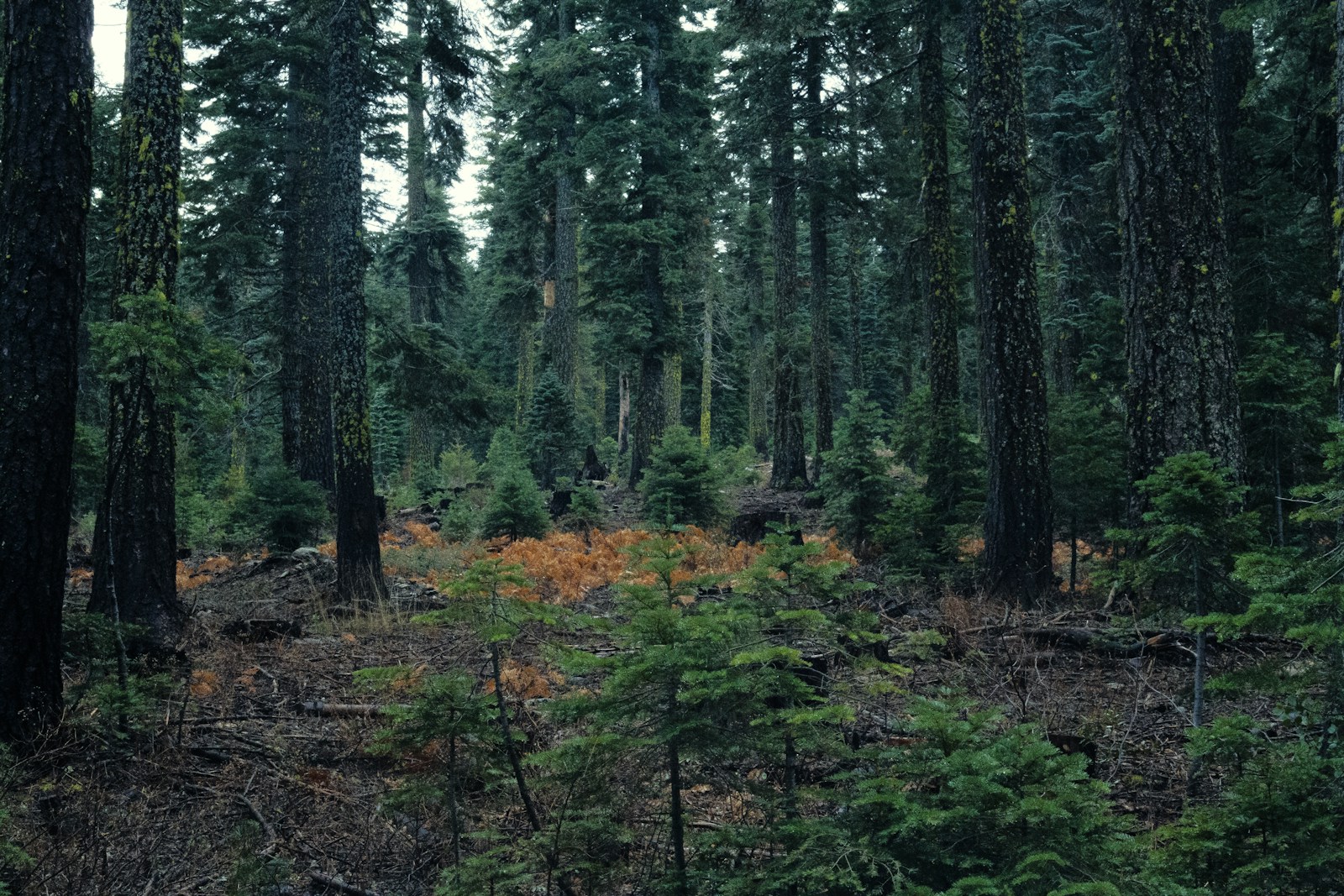
llovizna

Rainy
The Spanish word 'llovizna' translates to 'drizzle' in English. It refers to light, scattered, and typically brief rain showers. Its use is common in weather forecasts or descriptions of slightly rainy conditions. It does not carry any special connotations or usages apart from its literal meaning.
Example sentences using: llovizna
Llovizna es un fenómeno común en esta ciudad.

Drizzle is a common phenomenon in this city.
This phrase uses 'llovizna', or drizzle, to describe a common weather phenomenon in a certain city.
La llovizna aún caía sobre el lago.

The drizzle was still falling on the lake.
This sentence illustrates the usage of 'llovizna' in a weather context. It depicts a light rain, a drizzle, falling on a lake.
Durante la llovizna, decidimos quedarnos en casa.

During the drizzle, we decided to stay at home.
This shows a situation where the decision to stay at home is influenced by a weather condition, a light rain or a drizzle.
El olor a tierra mojada por la llovizna es agradable.

The smell of earth dampened by the drizzle is pleasant.
This is an example of appreciating the fresh smell after a drizzle or light rain has moistened the earth.
La llovizna hizo que el tráfico fuera más lento.

The drizzle made the traffic slower.
This sentence connects 'llovizna', or a light rainfall, with an effect it can cause - slower traffic.
Llovizna en la tarde, disfruta de un libro en casa.

Drizzle in the afternoon, enjoy a book at home.
This suggests a leisure activity (reading a book) can be enjoyed at home during a drizzle in the afternoon.
La llovizna creó una atmósfera serena y pacífica.

The drizzle created a serene and peaceful atmosphere.
Here, 'llovizna' or drizzle is associated with creating a serene and peaceful atmosphere.
La plaza de la ciudad estaba vacía debido a la llovizna.

The city square was empty due to the drizzle.
This sentence describes a scenario in which the city square is devoid of people because of a light rain or drizzle.
La llovizna no impidió que disfrutáramos del picnic.

The drizzle did not prevent us from enjoying the picnic.
This suggests that even though there was a drizzle, it was not enough to ruin the enjoyment of the picnic.
El camino estaba resbaladizo debido a la llovizna.

The path was slippery because of the drizzle.
In this sentence, 'llovizna' or drizzle is mentioned as the reason for a path being slippery.